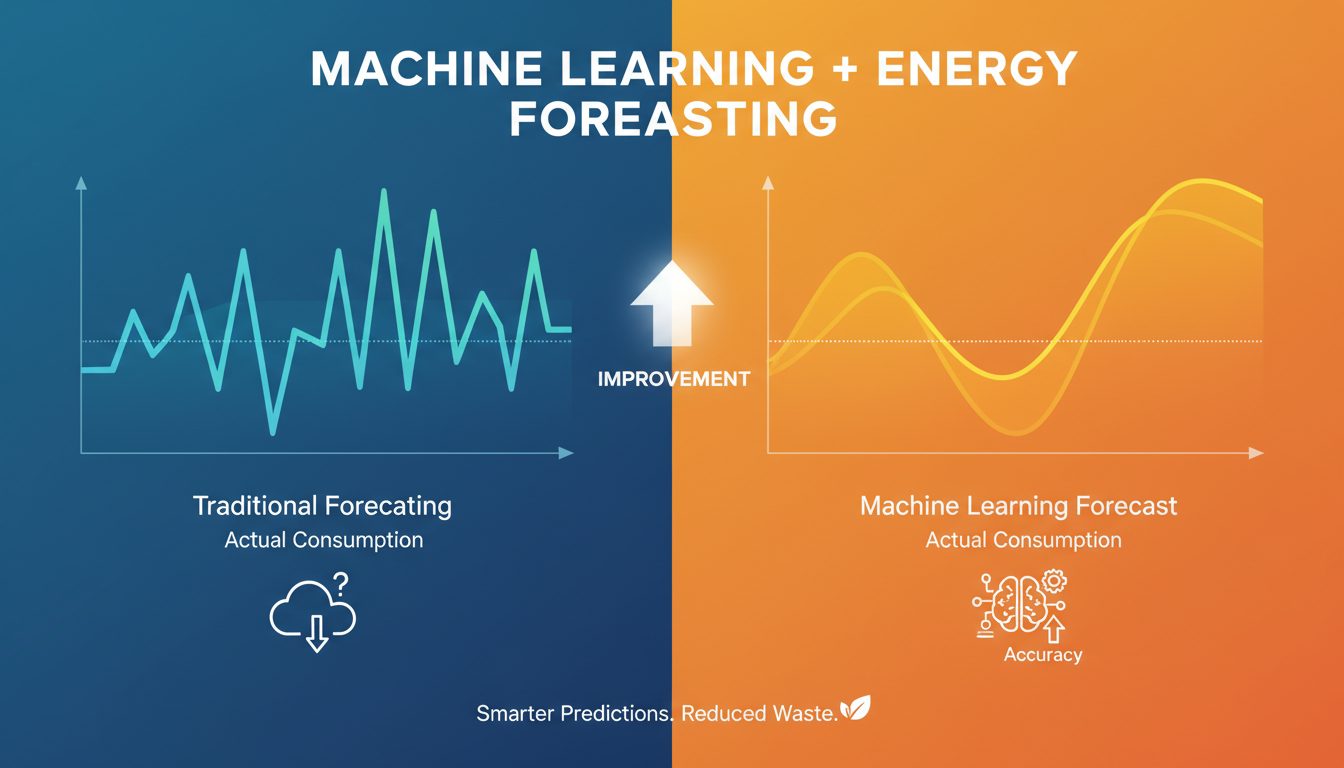In the world of software development, technical skills often take center stage — mastering programming languages, frameworks, and debugging techniques. But in modern, collaborative tech environments, soft skills are what truly distinguish good developers from great team players.
While technical proficiency ensures you can build functional products, soft skills ensure you can build them together — effectively, harmoniously, and with shared purpose. In today’s agile, fast-paced workplace, developers who can communicate clearly, empathize with others, and adapt to constant change bring far more value to their teams than code alone ever could.
Let’s explore the key soft skills that elevate developers into indispensable team members.
1. Communication: The Backbone of Collaboration
Clear communication is one of the most underrated yet crucial skills in software development. Developers don’t just write code — they explain ideas, discuss bugs, present solutions, and collaborate with cross-functional teams.
A great developer knows how to translate complex technical terms into language that designers, project managers, and clients can understand. This bridges gaps between departments, prevents misunderstandings, and ensures that everyone is aligned on goals and expectations.
How to improve:
- Practice summarizing technical details in simple terms.
- Actively listen during meetings to understand others’ perspectives.
- Encourage open discussions instead of defensive debates.
When developers communicate with clarity and empathy, teamwork flourishes.
2. Empathy: Understanding Beyond the Code
Empathy allows developers to step into the shoes of others — be it a user struggling with a confusing interface or a colleague facing a tight deadline.
Empathetic developers think beyond “does this work?” to “is this helpful, intuitive, and human-centered?” They understand that behind every requirement or bug report is a person trying to achieve something.
Empathy also strengthens team dynamics. It fosters patience, reduces conflict, and helps developers support each other through challenges.
How to cultivate empathy:
- Engage with end-users or participate in user testing.
- Listen actively to team members’ struggles without judgment.
- Prioritize collaboration over personal credit.
3. Adaptability: Thriving in Change
Technology evolves faster than ever. Frameworks become outdated, priorities shift, and project scopes change overnight. Developers who resist change risk falling behind, while adaptable ones stay relevant and valuable.
Adaptable developers embrace new tools, accept feedback positively, and pivot quickly when projects take new directions. They see challenges not as obstacles but as opportunities to grow.
How to stay adaptable:
- Keep learning — follow new trends, attend workshops, or join tech communities.
- Stay curious and open to feedback, even if it challenges your methods.
- View change as a constant part of your professional journey.
Being adaptable doesn’t just make you a better developer — it makes you a dependable teammate in uncertain times.
4. Problem-Solving: Beyond Debugging
Problem-solving is not only about fixing code errors; it’s about approaching every challenge with creativity and composure.
Great developers look at problems holistically — analyzing root causes, brainstorming solutions, and collaborating with others to find the best approach. They understand that good solutions aren’t always technical; sometimes, they’re about improving communication, workflows, or team processes.
To enhance problem-solving skills:
- Break problems into smaller, manageable parts.
- Involve teammates to gain fresh perspectives.
- Stay calm under pressure and approach issues methodically.
Problem-solvers don’t just fix things — they make teams stronger and more resilient.
5. Collaboration: Building Together, Not Alone
Software development is a team sport. Whether it’s a sprint, a product launch, or an urgent bug fix, collaboration ensures that everyone’s strengths contribute to success.
Great team players actively contribute, share credit generously, and celebrate others’ achievements. They understand that code reviews, pair programming, and brainstorming sessions are opportunities to learn, not compete.
Ways to collaborate effectively:
- Give and receive constructive feedback respectfully.
- Support teammates when they’re stuck or under pressure.
- Encourage knowledge sharing through documentation and mentorship.
When collaboration becomes second nature, teams move faster and produce better outcomes.
6. Time Management: Balancing Quality and Deadlines
In tech, deadlines are non-negotiable, and priorities often shift quickly. Developers who manage their time well can balance delivering on time without compromising quality.
Strong time management also reflects professionalism — showing respect for others’ schedules and the team’s overall workflow.
How to improve:
- Break down tasks into achievable milestones.
- Use tools like Trello, Notion, or Jira for organization.
- Communicate early if a delay seems likely — transparency builds trust.
When developers manage time effectively, teams avoid burnout and maintain consistent productivity.
7. Leadership: Influencing Without Authority
Leadership in development isn’t limited to titles like “Tech Lead” or “Project Manager.” Any developer can exhibit leadership by mentoring others, taking ownership of tasks, and contributing positively to team morale.
Leaders guide, inspire, and set examples through their work ethic and attitude. They encourage learning, create space for ideas, and elevate those around them.
How to show leadership in a team:
- Volunteer to mentor junior developers.
- Take initiative when you see an opportunity for improvement.
- Maintain a calm, solution-oriented mindset during challenges.
Leadership transforms teams into supportive communities — where everyone feels valued and motivated.
Conclusion: Soft Skills Build Stronger Teams
The best developers aren’t just the ones who write clean, efficient code — they’re the ones who elevate everyone around them.
Soft skills like communication, empathy, adaptability, and collaboration turn technical talent into true teamwork. As software development becomes more interconnected, these qualities are no longer optional — they’re essential.
Developers who embrace soft skills don’t just build great products. They build great teams — and that’s what sets them apart in the modern tech world.







